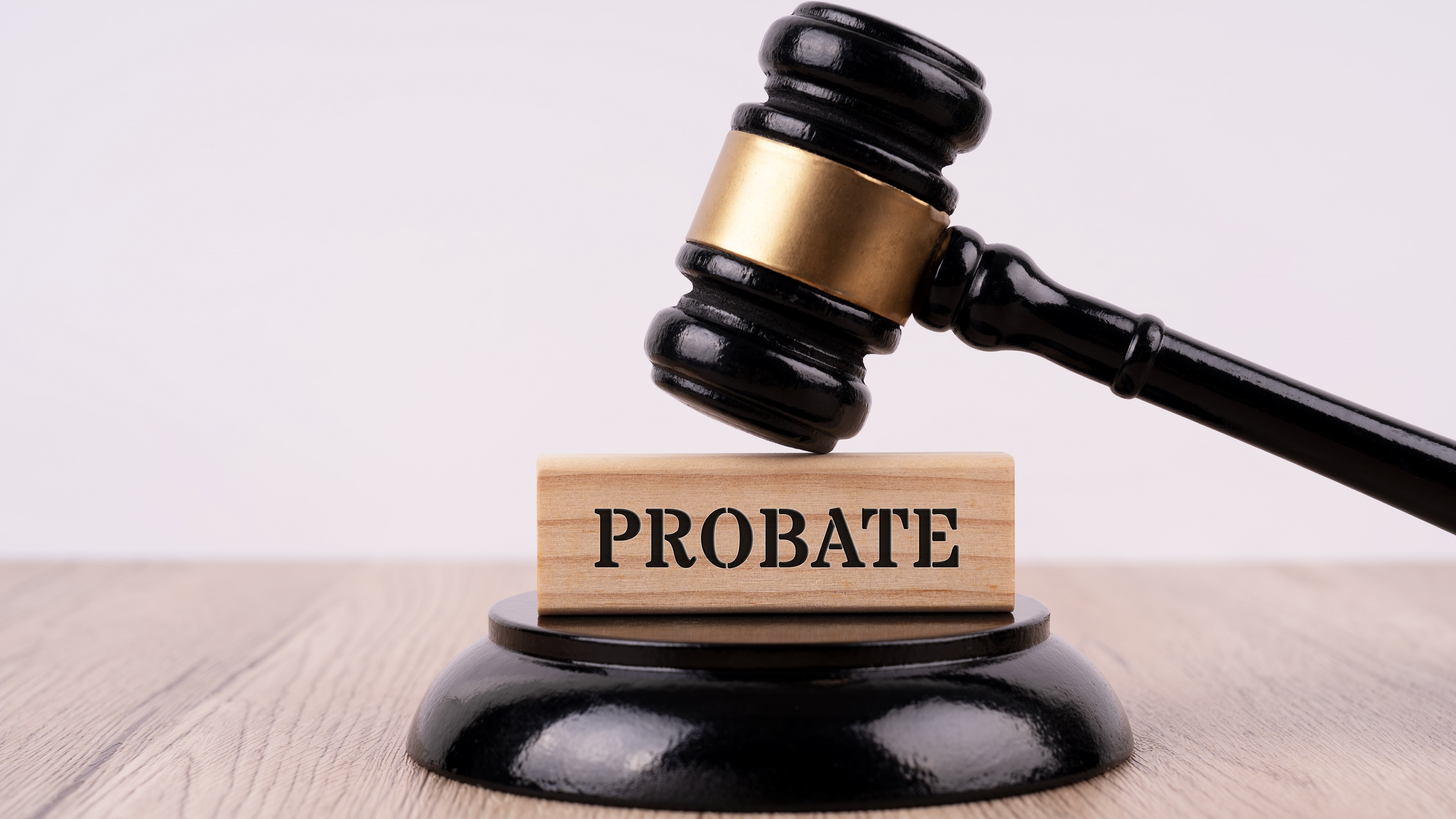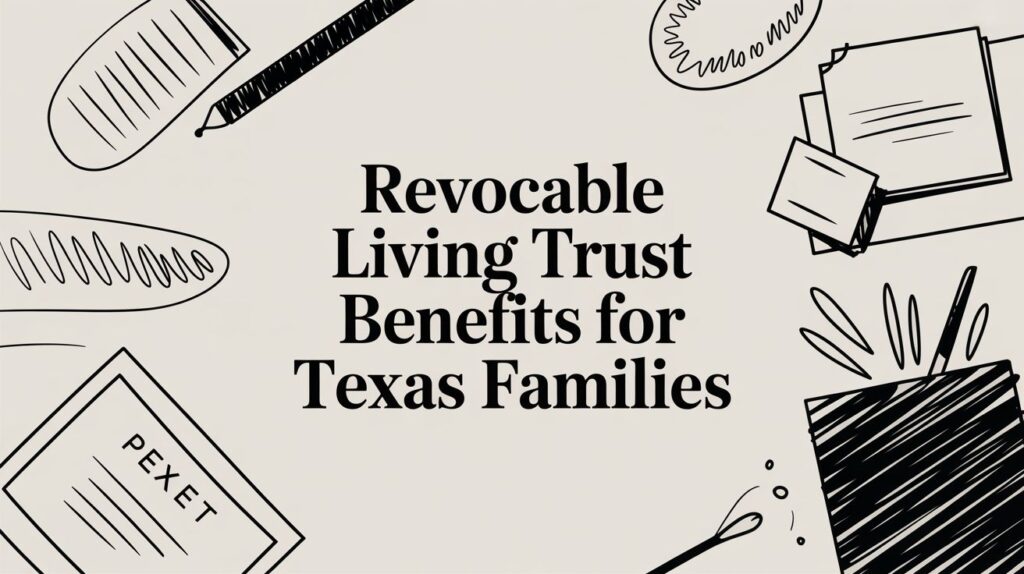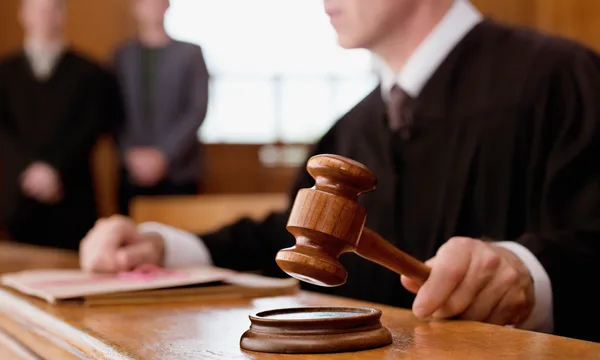When someone passes away, their assets don’t always smoothly transfer to their intended heirs. Sometimes, family members argue over what’s written in a will, while others insist that a trust overrides it. In these situations,probate court becomes the arena where these legal conflicts get sorted out. But what does that really look like? In this guide, we’ll walk through the probate court process explained specifically for cases involving trust vs. will disputes, using real-life scenarios and legal insight to paint a clear picture.
Whether you’re an heir trying to protect your inheritance, a trustee seeking clarity, or an executor suddenly pulled into a courtroom battle, understanding how probate court handles trust vs. will disputes is crucial.

The Basics of Probate Court
What Probate Court Actually Does
At its core, probate court exists to oversee the legal process of transferring a deceased person’s assets to their rightful heirs or beneficiaries. When someone dies with a will, the court authenticates it, supervises its administration, and ensures all legal requirements are met. If someone dies without a will (intestate), probate court follows state law—also known as intestate succession—to divide up the estate among surviving relatives based on a legal hierarchy.
So where do trusts come in? Trusts are generally designed to avoid probate altogether, allowing assets to pass outside the court system. However, when both a will and a trust exist—and especially when they conflict—the probate court becomes the legal battleground.
That’s why understanding the probate court process explained is the first step when trying to resolve trust and will disputes.
Real-Life Example: The Competing Documents
Let’s say James, a wealthy businessman in Fort Worth, passed away last year. He had a will from 2015 that left everything to his two adult children. But shortly before his death, he created a revocable living trust that named his new girlfriend, Lara, as the sole beneficiary.
James never updated his will to match the trust, and now his children are challenging the trust in court. They claim Lara manipulated him during his final weeks. Lara, on the other hand, says James intended for the trust to replace the outdated will.
This is exactly the kind of case where probate court handles trust vs. will disputes, and it’s rarely straightforward.
Understanding the Difference Between a Will and a Trust
Key Legal Distinctions
To appreciate how probate courts evaluate disputes, you need to know the differences between these two estate planning tools.
Wills:
- Take effect after death
- Must go through probate
- Can be contested in probate court
- Govern assets titled solely in the deceased’s name
Trusts:
- Take effect upon creation
- Avoid probate if properly funded
- Appoint a trustee to manage assets
- Govern only assets transferred into the trust
In theory, a trust should sidestep probate. But if someone believes the trust is invalid or was created under duress, probate court steps in to decide what stands.
Why Do Trust vs. Will Disputes Happen?
Common Causes of Conflict
Disputes between wills and trusts often arise because:
- The trust and will contradict each other
- The trust wasn’t properly funded
- The will is older than the trust and hasn’t been revoked
- One party believes the deceased lacked capacity
- Allegations of undue influence or fraud surface
In Texas, probate courts have the authority to resolve these conflicts. So when someone says, “We’re going to court over the trust,” they’re likely talking about probate court.
This is why having the probate court process explained is essential before diving into litigation.

Step-by-Step: How Probate Court Handles Trust vs. Will Disputes
Step 1: Filing the Dispute
The process begins when someone—often a family member, heir, or beneficiary—files a petition with the probate court. This petition challenges the validity of a will or trust.
The petitioner might claim:
- The will was created when the person lacked mental capacity
- The trust was the product of coercion
- The trust was never legally funded
- There was fraud in the execution of either document
Once the petition is filed, the probate court process officially begins.
Step 2: Appointing a Personal Representative
If the will is being probated, the court will appoint an executor or personal representative. This person is responsible for administering the estate and defending the will’s validity.
If the dispute centers on the trust, the trustee may already be in place—but they could also be challenged or suspended by court order if misconduct is alleged.
This is a critical moment, as the executor and trustee will often become the key players in the court battle.
Step 3: Discovery and Evidence
At this stage, both sides begin collecting evidence:
- Medical records
- Testimony from doctors, caregivers, or witnesses
- Drafts of the will or trust
- Emails, letters, or handwritten notes
- Financial transactions and account statements
Depositions may be taken from attorneys who drafted the documents, or from individuals who were with the decedent near the time the documents were signed.
This is where probate court gets serious, and the trust vs. will dispute moves into full-blown litigation.
Step 4: Mediation or Settlement Talks
Before heading to trial, most Texas courts encourage mediation. That means the parties sit down with a neutral third party to see if they can resolve the dispute.
In many cases, probate court judges prefer settlement, especially when the estate could be drained by legal fees.
If mediation fails, the case goes to trial.
Step 5: The Trial
In a bench trial (without a jury), the judge will hear arguments, examine evidence, and determine which document reflects the true intent of the deceased. In rare cases, a jury may be involved.
The court’s decision could include:
- Invalidating the will or trust
- Reinstating an older document
- Splitting assets differently than either document dictates
- Removing or replacing an executor or trustee
This final ruling becomes legally binding, and unless appealed, it settles the matter for good.
Understanding how the probate court process explained applies to each phase helps all involved prepare for what’s ahead.
Common Legal Arguments in Trust vs. Will Disputes
How Lawyers Frame Their Cases
Attorneys use several key strategies in court to make their case.
For Will Disputes:
- Lack of testamentary capacity: The testator didn’t understand what they were doing.
- Undue influence: Someone manipulated or pressured the testator.
- Improper execution: The will wasn’t signed properly or lacked valid witnesses.
For Trust Disputes:
- Invalid trust creation: The trust was not executed with required formalities.
- Trust was never funded: Assets weren’t moved into the trust, so the will governs.
- Trustee misconduct: The trustee failed in their fiduciary duties.
:max_bytes(150000):strip_icc()/GettyImages-695596764-f85a2ca6141c41f7ba858ffb56e9b1fd.jpg)
In these battles, probate court becomes the stage where these narratives unfold—and only one legal version survives.
Real-Life Example: The Out-of-State Trust Conflict
Debbie, a widow from Amarillo, left behind a Texas will naming her children as heirs. But months before her death, she moved to Arizona and created a new trust naming her church as the sole beneficiary.
Her children contested the trust in Texas probate court, arguing it was invalid under Texas law. Meanwhile, the church filed in Arizona. Jurisdictional battles ensued.
Ultimately, the Texas court ruled the trust valid because Debbie had moved her legal residence and properly funded the Arizona trust.
This example shows how probate court handles trust vs. will disputes across state lines and why hiring the right legal team is essential.
What Happens to the Estate During a Dispute?
Assets Can Be Frozen
While the dispute plays out in court, assets in the estate—or within the trust—can be frozen. That means:
- No distributions to heirs
- No property sales
- No changes in investment accounts
This can lead to financial strain for family members who were counting on those assets, and it can increase pressure to settle quickly.
Probate court allows motions for emergency distributions in certain cases, but it’s not guaranteed.
Understanding the probate court process explained means knowing that resolution often takes time—and a lot of patience.
How Long Does It Take?
Timelines Can Vary Widely
Most trust vs. will disputes in Texas probate courts take 9 to 18 months, but complex cases can last several years—especially if appeals are involved.
Factors that affect the timeline include:
- Whether the documents were clearly written
- If there are multiple heirs or beneficiaries
- Availability of medical and financial records
- Court docket availability
- Willingness of parties to mediate or negotiate

Knowing what you’re in for helps when deciding whether to fight or settle.
Final Thoughts on How Probate Court Handles Trust vs. Will Disputes
When emotions run high and legal documents collide, probate court becomes the final referee. These disputes aren’t just about assets—they’re about relationships, trust, and legacy. That’s why understanding how probate court handles trust vs. will disputes is so important.
You don’t need to become a lawyer overnight, but you do need to be informed. Whether you’re the one filing the challenge or the person defending a trust or will, knowledge is your greatest asset.
This process can be long, emotional, and expensive—but with the right guidance and preparation, you can navigate it with clarity and confidence.








